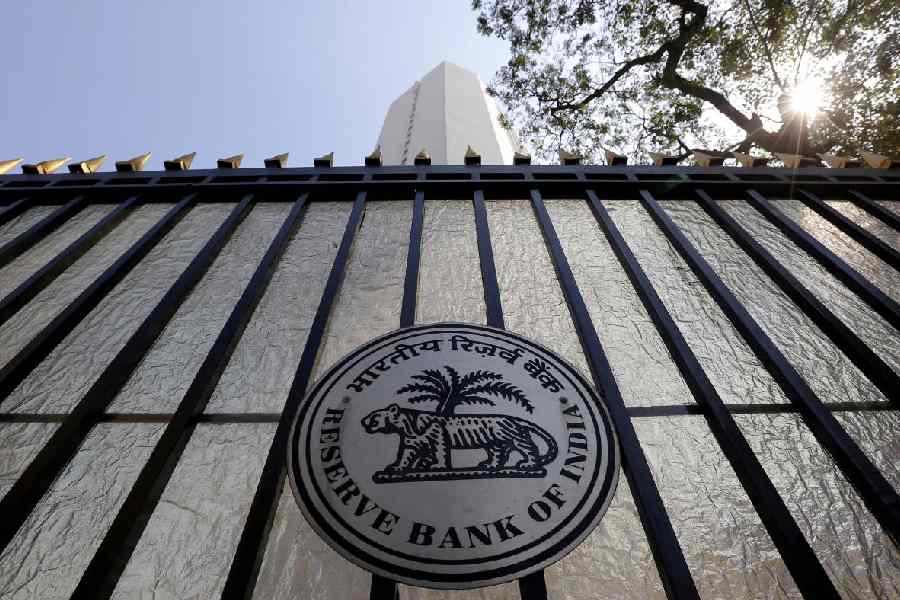An accused was convicted under Section 304 of the Indian Penal Code for causing injury to a victim by a spade. The trial judge awarded seven years? rigorous imprisonment with fine. The accused did not press the appeal on merits but prayed for a lenient view in regard to the sentence as the incident happened in 1988. The Allahabad High Court, considering the age, character and antecedents of the accused, reduced the sentence to the period already undergone. The Supreme Court held that taking a sympathetic view merely due to lapse of time would be unjustified. The punishment should be consistent with the atrocity and brutality of the crime. The case was remitted to the high court for rehearing (State of U.P. vs Kishan).
Some BE/ BTech graduates working as lecturers in obtained their MS degree through distance education. However, the director of technical education informed the petitioner that a correspondence degree is not recognised as equivalent to the ME degree awarded by Tamil Nadu universities. The lecturers challenged the order. Dismissing the writ petition, the Madras High Court held that graduates of a deemed university cannot compel any other university to recognise their degrees. It is up to the university to take decision (R. Kumar & Ors vs State of Tamil Nadu).
A passenger fell off a train and died. The railway authorities refused to pay compensation on the ground that he was travelling without a ticket. The Andhra Pradesh High Court agreed that the ticket may have been lost at the time of inquest as the person who had accompanied the passenger deposed that he saw him purchasing the ticket, and such deposition was not rebutted. The high court rejected the plea of the railway authorities, holding that as ticketless travel was a culpable offence, the burden lay on the prosecution to prove that the person had violated the law (Union of India vs Borra Vijayalakshmi).
SOLON










